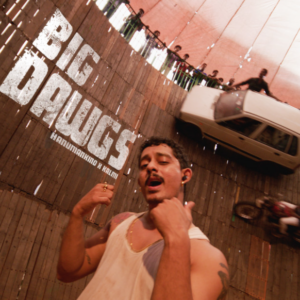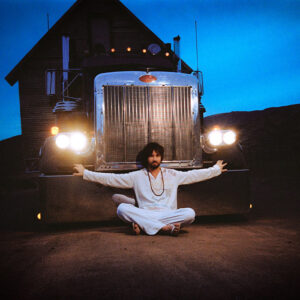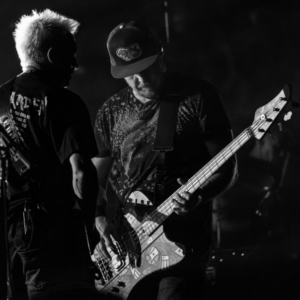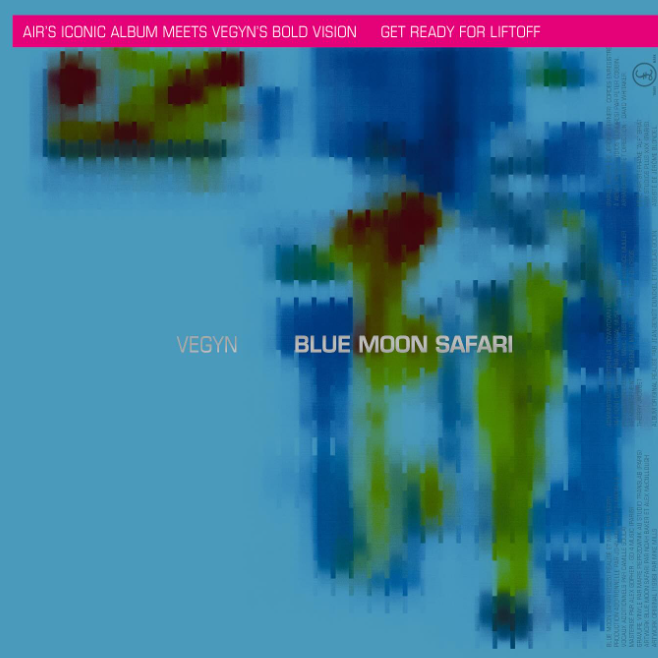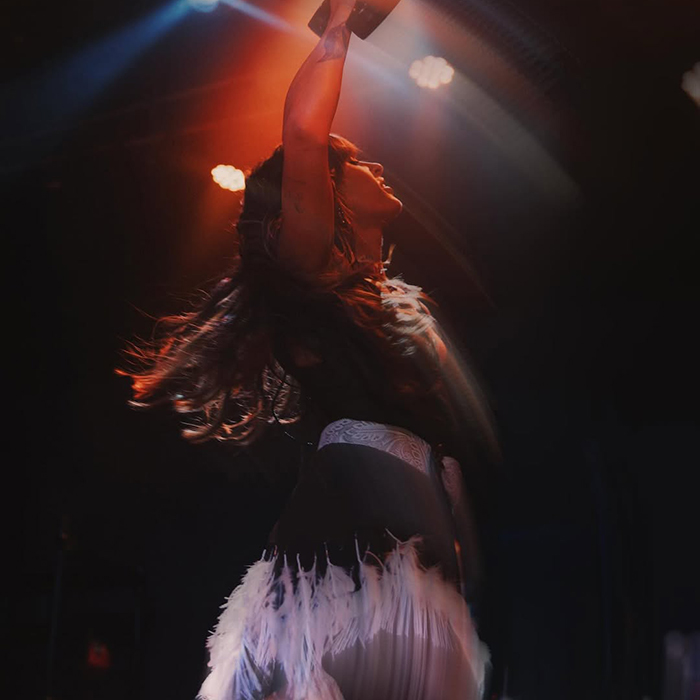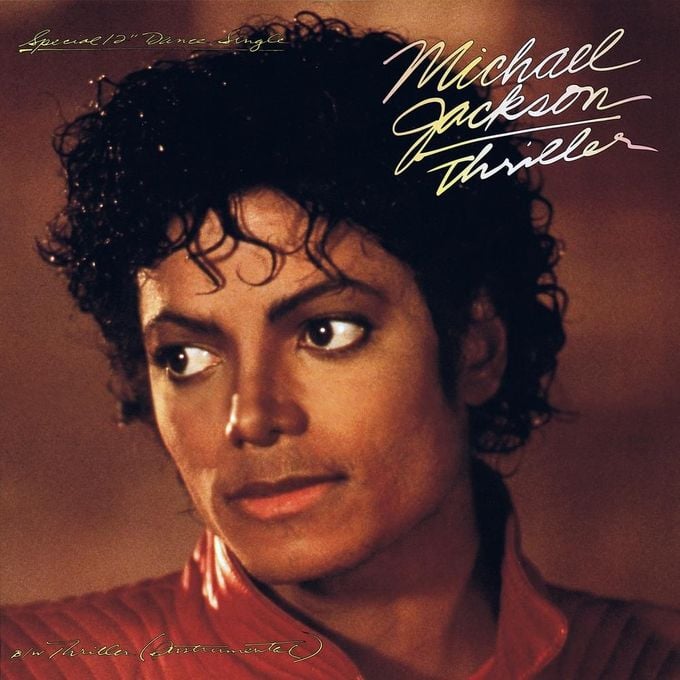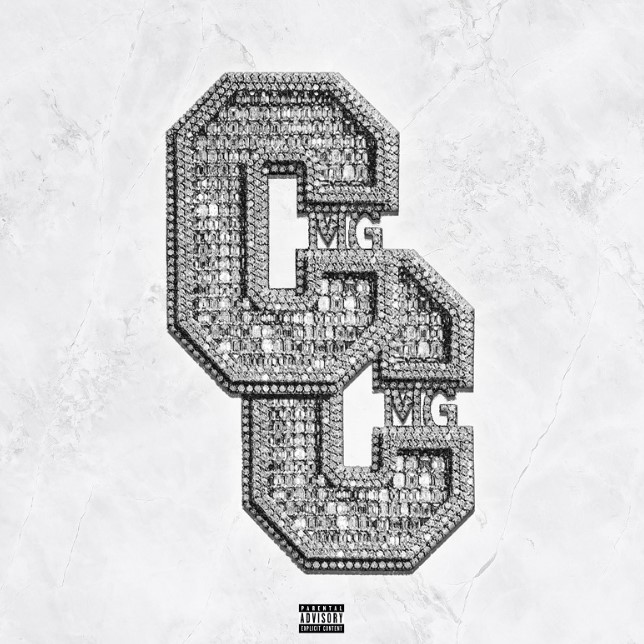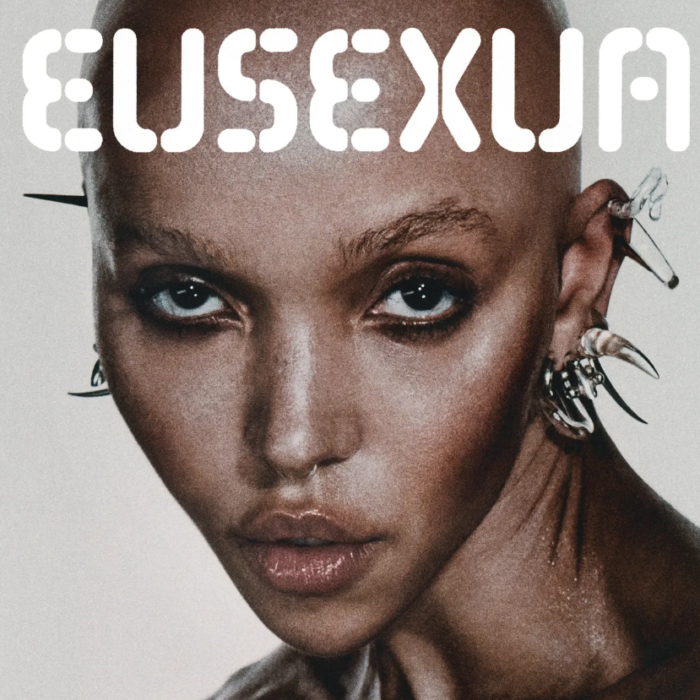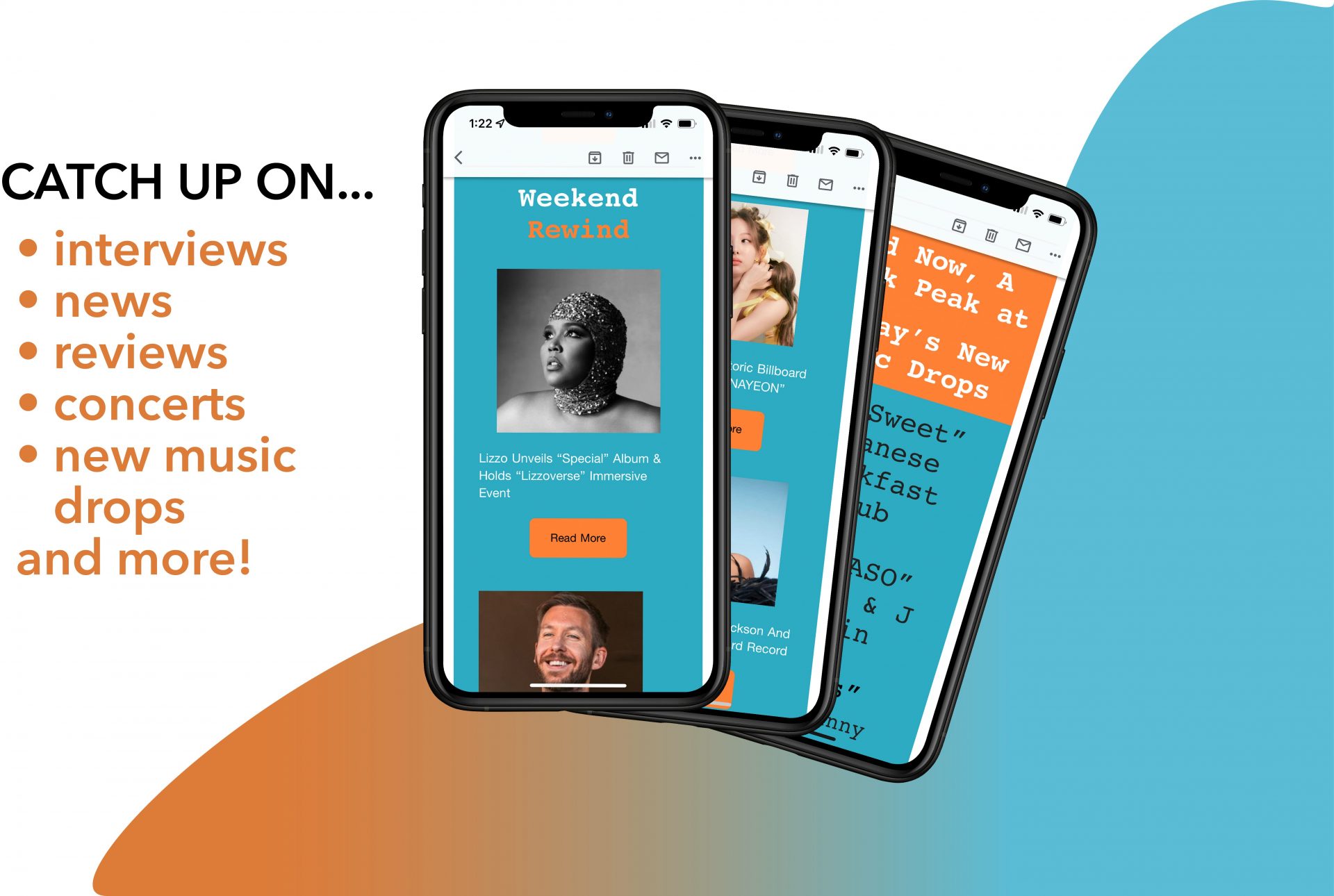Since its birth, Hip-Hop has been a platform to confront real life problems and emotions the African-American culture has faced. The genre has broken through various social barriers to talk about the reality of America’s ugliest sides. Black History Month celebrates public figures that broke social barriers, as well as artists and music that tells the story of African American life.
From poverty to police brutality, real situations have empowered rap artists to use their platform to influence and raise awareness on issues.
The Rise of Hip-Hop Activism
Rap legends like N.W.A. and 2Pac were influential voices contrary to the media, rapping about political and social issues. Pac’s more well-known 1998 song “Changes” is an anthem that confronts the war on drugs, racism, and poverty. N.W.A. had a more aggressive approach with their 1988 hit “F*ck Tha Police” that called out police brutality directly.
Songs like these withstood the test of time because most of the content in them are still going on today. Recent events have sparked the same rebel attitude that ignited activism back then. The events of 2020 have molded Hip-Hop and encouraged rap artists to rise up and once again speak out.
Hip-Hop Activism Today
The incidents involving George Floyd and Breonna Taylor brought many people out to make change for those that couldn’t. This involved major influencers in music to help change the narrative of injustice.
Rappers like Lil Baby and Anderson .Paak not only took to social media but also made songs about the events. “The Bigger Picture” by Lil Baby, was released on June 12 in the wake of the killing of George Floyd. The song showcased his solidarity with the 2020 Black Lives Matter protests which called for justice against police brutality and systemic racism in the United States.
Proceeds of the song went to The National Association of Black Journalists, Breonna Taylor’s attorney, The Bail Project, and BLM. It is Lil Baby’s highest-charting song on the Billboard Hot 100, debuting and peaking at number three.
Anderson .Paak’s “Lockdown” single also released in June, questioned the state of “lockdown” while Black lives are being taken. When the world claimed to be in isolation, Black people are put in a constant state of caution. Paak has some great verses that encapsulate the time we were living in.
He raps in the song, “Lil’ tear gas cleared the whole place out, I’ll be back with the hazmat for the next round, We was tryna protest but the fires broke out. Look out for the secret agents they be planted in the crowd”
Black Voices Rising To Make Change
When the right artists are around for significant situations, music can influence the actions and thoughts of society. We’ve seen this impact happen even before Hip-Hop when musicians were talking about the Vietnam War, and the ideas have remained the same: empathy and understanding.
Today, the same revolutionary attitude is being embodied as we face the same problems we have been fighting for hundreds of years. Black History Month celebrates the culture Black people have created while demanding equality. Music like Lil Baby and Anderson .Paak are products of a tradition that finds creativity through the struggle.

